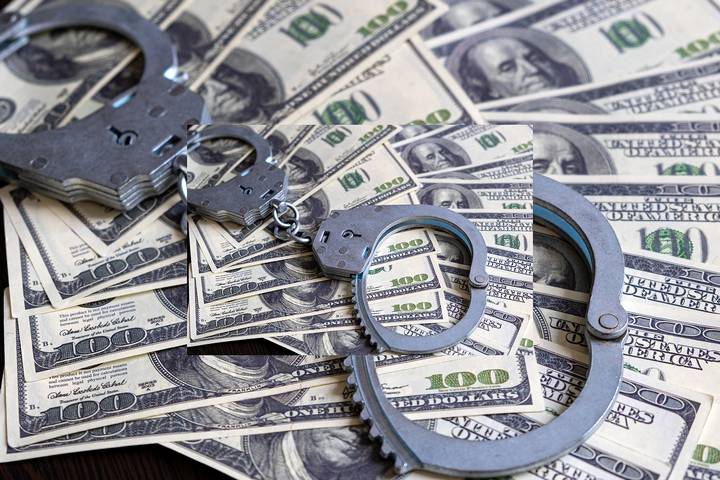A bail is an amount paid by the accused person to acquire a temporary release from jail while awaiting trial. The amount paid is refundable fully when the suspect is found innocent after adhering to all court hearings and restrictions.
If the suspect fails to avail themselves of the specified date, the court takes a step further to hunt them down, with more severe consequences. Alongside the bail, the court can also provide the suspect with various restrictions, which must be adhered to.
The amount of bail to be administered depends on several factors, such as;
- The intensity of the case is under discussion.
- Underlying economic conditions.
- How dangerous is the suspect if released back to the public?
- Different state laws.
- Past criminal records.
- The suspect’s economic status.
The most common types of bail are:
- Cash bail: the suspect, must deposit the full amount as soon as the court orders them to pay.
- Citation bond: where the arresting officer orders the suspect to avail themselves to court on a particular date issued by the court.
- Surety bond: occurs when the suspect doesn’t honour the full cash bail amount after negotiating with a bond agency to undertake the balance.
- Personal recognizable bond: when the court lets the suspect free without bail.
- Immigration bond: it’s similar to cash bail but strictly provided to immigrants.
- A property bail bond is mostly used when the suspect doesn’t have cash, requiring them to use their property as bail.
Besides maintaining the suspect’s innocence, bails have proven impactful in various ways you might not have known before. As mentioned earlier, multiple factors must be considered before issuing bail, so don’t worry about how much is too much for the suspects. A competent criminal lawyer Brampton also goes a long way in ensuring you get the best judgment after posting bail.
Here are the nine different purposes of bail:
1. The suspect is presumed innocent until proven guilty.
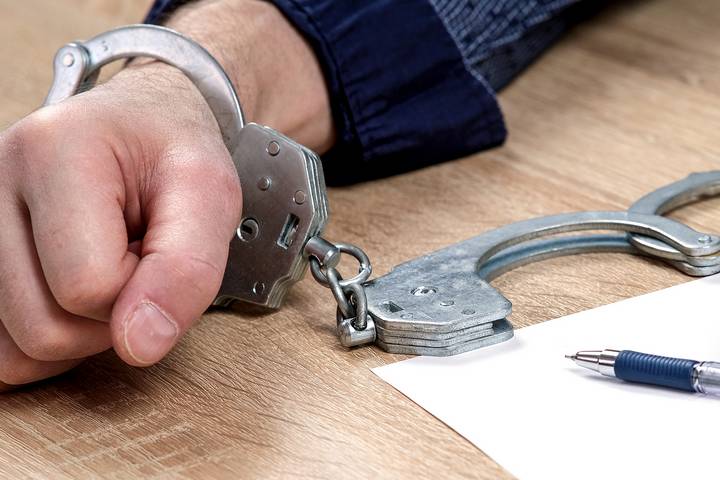
It’d be unfair to be sentenced for a crime you didn’t commit; simultaneously, letting a suspect completely free without deeper investigations into the case is not advisable. While the majority think bail promotes inequality and injustice, it’s probably one of the best ways to buy one’s freedom as you re-think your life behind bars.
2. Bail helps to book a trial for the suspects.
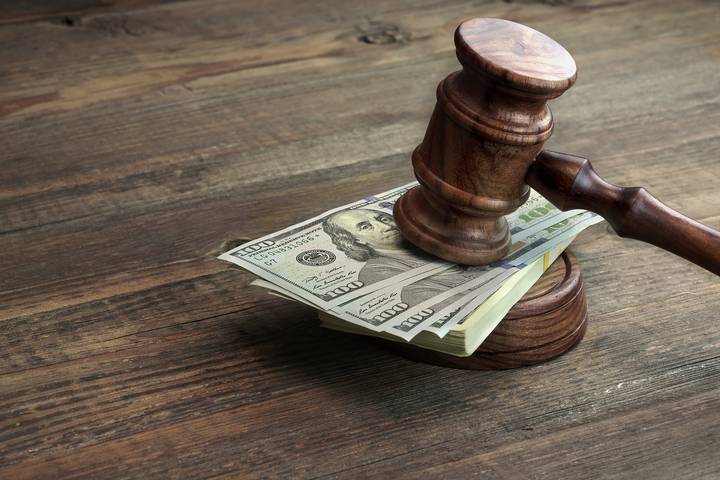
Imagine having to stay in jail until you’re provided with a specific date at which you will attend your hearing- impossible. Bail secures the suspects a trial date while offering them the freedom to prepare and gather all their potential witnesses to the case, which would be challenging to do while in jail.
3. Bail acts as a surety for the suspect.
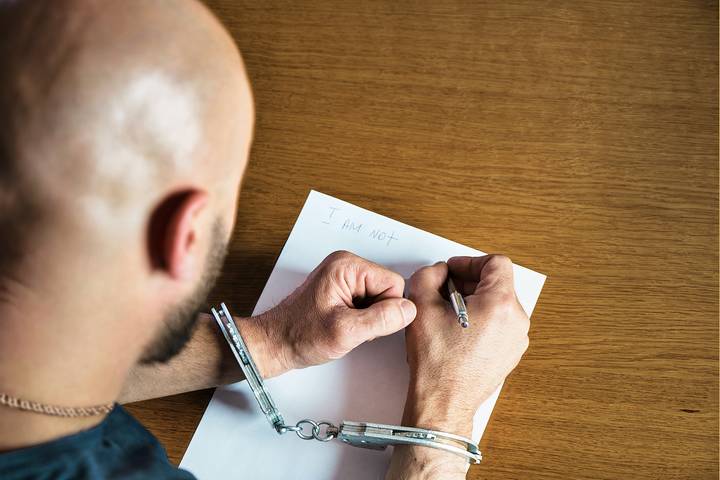
How else would the court be sure a suspect will return for trial if not through bail? It functions like an insurance policy for the court. If the suspect fails to avail themselves on specified dates, they are sent back to custody.
4. Bail is a form of freedom.
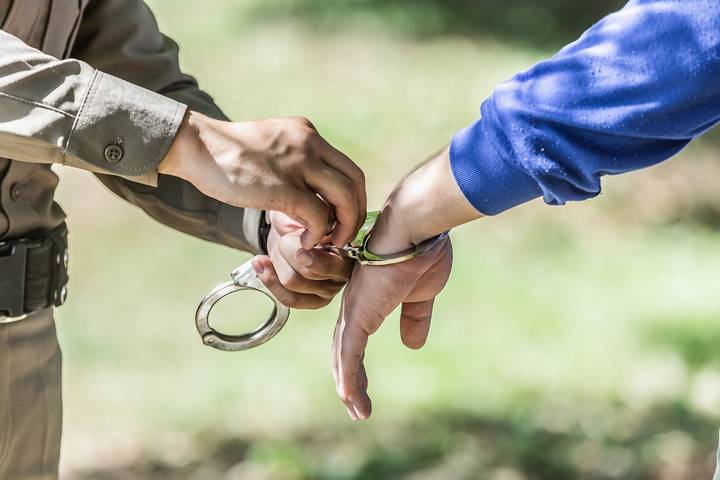
Bail provision is a gateway to freedom as you seek proper legal representation, which would be challenging while in police custody. You still have the right to walk freely and contact your lawyer anytime. Your usual activities aren’t affected if you adhere to all bail conditions.
5. Bail reduces overlapping of cases in court.

Imagine if the court chooses to handle all the cases on the same day they have been reported- impossible. The bail provision allows the court enough time to take each case comprehensively while reducing the chances of overlapping. With that, every suspect will express themselves fully and get the fairest judgment.
6. Bails save time.
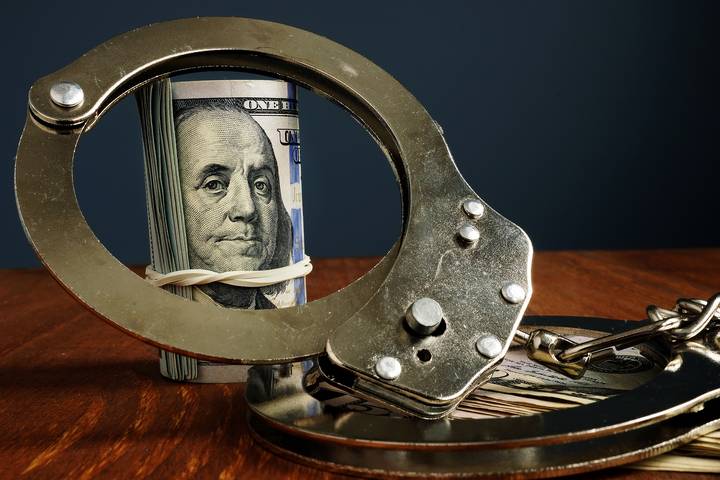
Bail has proven beneficial in saving time for both the court and the suspect. The court doesn’t have to constantly follow up on the suspect while there’s plenty on the table. Similarly, the suspect is saved from following up about when and whom to report to since bails come with specified dates and other essential details.
7. Bail is an opportunity for reflection.

The period after posting a bail comes with many uncertainties, especially concerning your life. This is when you should prepare yourself in double ways; in case the court favours your arguments or doesn’t. It’s important to remain positive during this period while working with a reliable attorney to represent you satisfactorily in court.
8. Bail earns government revenue.
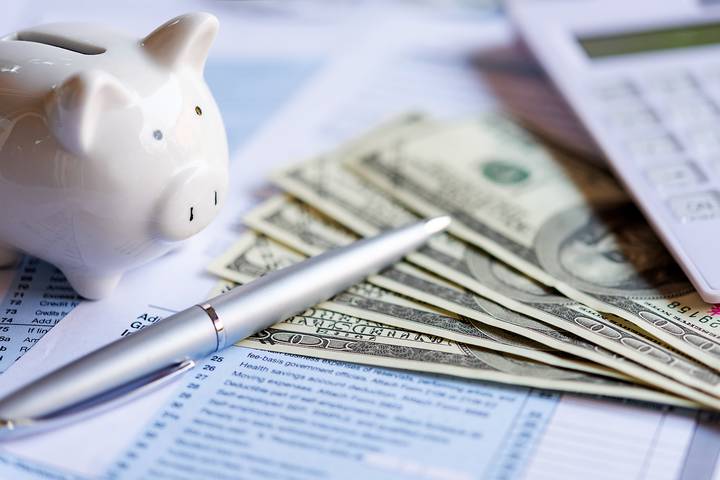
Sometimes the government may choose not to refund the bail for one reason or another. The money or property is used not for personal gains but as government revenue to support and enhance the state’s welfare and other related activities. Although this is rare, most countries have adopted it to curb criminal activities and promote security.
9. It’s expensive to hold all suspects in custody.
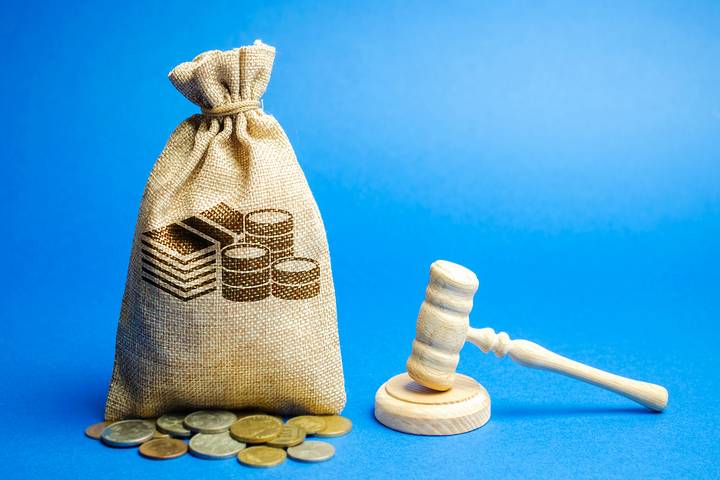
While the suspects could be out there undertaking their usual economic activities to boost the country’s welfare, the burden would be heavier on the few left active taxpayers and the state at large. Therefore, holding all the suspects captive would lead to an increase in government expenditure.

